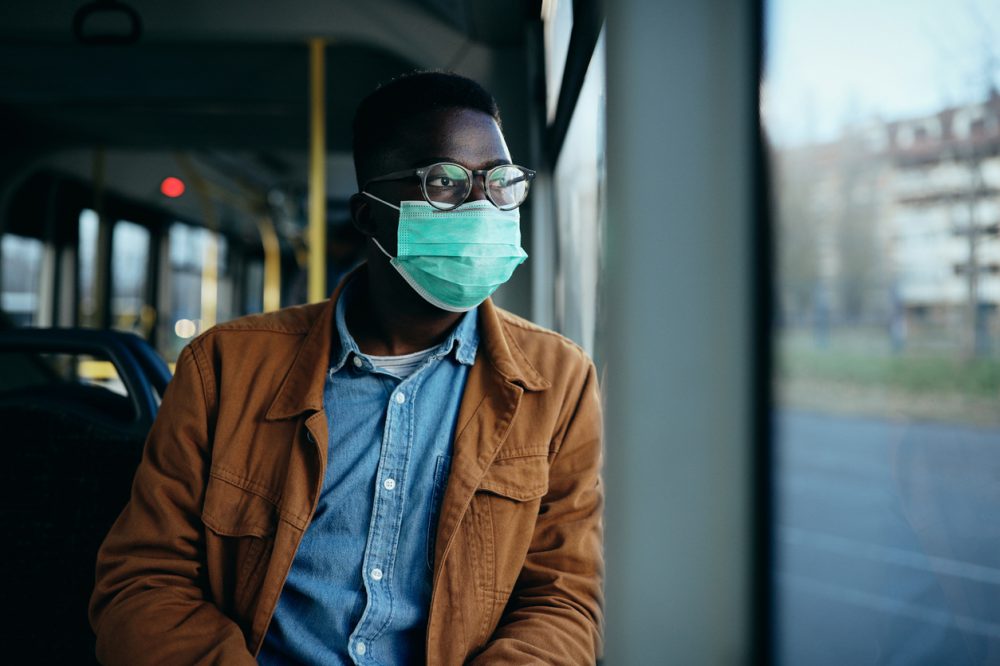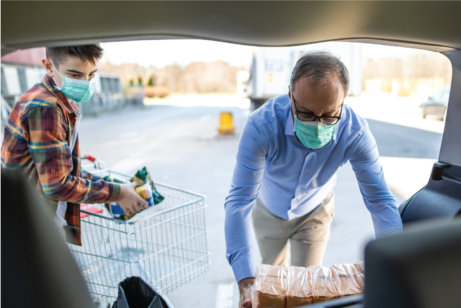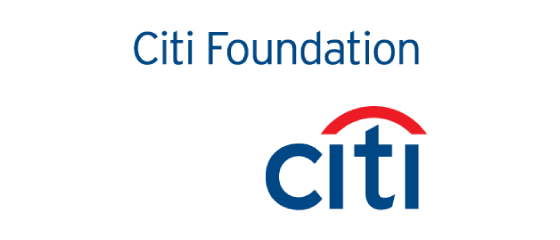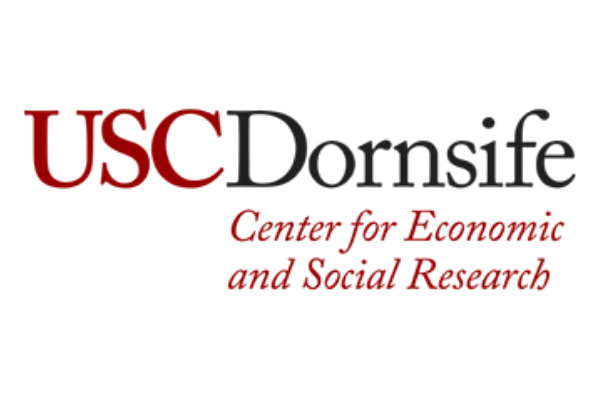One Year into the Pandemic, Millions of Americans Still Struggling
Since the last Pulse survey in August 2020, more people are struggling to afford healthcare, which may lead to long-term health consequences beyond those created directly by COVID-19.
By Financial Health Network
-
Program:
-
Category:

New data from the Financial Health Pulse show that millions of people in America are still struggling one year into the COVID-19 pandemic.

Since the last Pulse survey in August 2020, more people are struggling to afford healthcare, which may lead to long-term health consequences beyond those created directly by COVID-19. Black and Latinx Americans continue to bear the brunt of the economic crisis, with many struggling to put food on the table and keep a roof over their heads. Financially Vulnerable Americans and those with low incomes are far more likely than others to say their financial situation has gotten worse over the past year. Additionally, people who reported a job loss because of COVID-19 are at risk of falling further behind while the rest of the economy recovers. As the COVID-19 crisis approaches the one-year mark, policymakers, businesses, and employers must act now to deliver immediate relief and invest in long-term solutions that reduce financial health inequities over time.
These results are based on data from a nationally representative survey (n = 4,404) fielded to members of the University of Southern California’s online consumer panel (Jan. 11-18, 2021).
1. People are increasingly struggling to afford healthcare, which may lead to long-term health consequences beyond those created directly by COVID-19.
The share of the population unable to afford healthcare has increased since the last Pulse survey in August 2020. As of mid-January, 14% of respondents say that since the pandemic began last March, someone in their household did not receive the healthcare they needed because they could not afford it (a four point increase from August 2020, when one in 10 Americans reported this).
Ten percent of respondents say that someone in their household stopped taking a medication or took less than directed because of the costs (a three point increase from August 2020, when 7% of Americans reported this).
These trends are likely driven by the ongoing financial strain that many households are experiencing, illustrating the difficult choices families make when resources are constrained. Foregone medical care, including delayed preventative care, may cause worse health outcomes for many Americans beyond those created directly by COVID-19.

2. Black and Latinx communities continue to bear the brunt of the pandemic, with millions experiencing food and housing insecurity.

Nearly a quarter of Black respondents (23%) and more than one in five Latinx respondents (22%) say they worried their food would run out since the pandemic began, compared with 12% of White respondents and 15% of Asian American respondents. To cope with these challenges, 27% of Black respondents and 17% of Latinx respondents say they have visited a food bank since the pandemic began in March 2020 (significantly higher than the 12% of White respondents and 8% of Asian American respondents who report this).
More than a quarter of Black (29%) and Latinx (27%) respondents also say they worried about being able to afford their rent or mortgage since the pandemic began last March (compared with 14% of White respondents and 15% of Asian American respondents). While the Biden administration’s recent extension of the eviction and foreclosure moratorium may provide a temporary reprieve, Black and Latinx respondents remain apprehensive about the future: 16% of Black and 12% of Latinx respondents say they are worried their household will be evicted in the next three months, compared with 6% of White respondents and 8% of Asian American respondents. Without additional assistance and protections, millions of people, particularly those in Black and Latinx communities, may lose their homes in the coming months.
3. Financially Vulnerable Americans and those with low incomes are more likely to say their financial situation has gotten worse over the past year.
Half of those considered Financially Vulnerable (approximately 17.5 million people) report their financial situation has worsened since the pandemic began last March, compared with 19% of Financially Coping and only 6% of Financially Healthy individuals. (The three tiers of financial health – Healthy, Coping, and Vulnerable – are determined using the FinHealth Score®, which reflects how individuals spend, save, borrow, and plan.)
Likewise, people with household incomes under $30,000 are more than twice as likely as those with incomes above $60,000 to say their financial situation has gotten worse over the past year. Both groups – those who are considered Financially Vulnerable and those making less than $30,000 a year – are more likely than other respondents to say that their household income has decreased, while their expenses have increased as a result of the coronavirus outbreak. These figures suggest that the COVID-19 pandemic is continuing to take a disproportionate toll on the financial lives and livelihoods of economically vulnerable Americans.

4. People who reported a job loss because of COVID-19 are at risk of falling further behind as the rest of the country recovers.

Across all demographic groups, people whose employment was affected by the COVID-19 crisis are in particularly dire financial straits. Nearly half (45%) of people in households where a family member lost a job because of the crisis say their financial situation is worse than it was a year ago, compared with only 14% of people without a reported job loss. To make ends meet, those who reported a job loss have resorted to various coping strategies: 59% say they spent down their household’s savings, 55% say they carried a balance on their credit cards, and 29% say they borrowed money from friends or family since the pandemic began last March.
In fact, individuals who reported a job loss were 2.6 times more likely to say they spent down their savings, 1.7 times more likely to say they carried a credit card balance, and three times more likely to say they borrowed money from friends and family than people who did not report a job loss. Unless federal and state unemployment benefits are extended, those who lost a job as a result of the crisis are at risk of falling far farther behind as the rest of the country recovers.
As the COVID-19 pandemic approaches the one year mark, millions of Americans — especially Black and Latinx people, those who are Financially Vulnerable or have low incomes, and those who lost jobs due to the crisis — are struggling financially. To address the ongoing crisis, policymakers, businesses, and employers must embrace near-term solutions that offer immediate relief to people struggling to afford healthcare, put food on the table, and keep a roof over their heads. In the long term, stakeholders across the financial health ecosystem must embrace solutions that dismantle systemic barriers to financial health and reduce financial health inequities over time. These solutions must be informed by regular, rigorous, and disaggregated data from government sources and research initiatives like the Financial Health Pulse that shed light on the evolving state of people’s financial lives.



The Financial Health Pulse is supported by the Citi Foundation. Since the inception of the initiative in 2018, the Financial Health Network has partnered with USC’s Dornsife Center for Economic and Social Research (CESR) to field the study to their online panel, the Understanding America Study. Study participants who agree to share their transactional and account data use Plaid’s data connectivity services to authorize their data for analysis.
The findings, interpretations, and conclusions expressed in this brief are the Financial Health Network’s alone and do not necessarily represent the view of funders, partners, or those acknowledged.